| This is the third post in a series about the poet Percy Bysshe Shelley and his dubious version of an assault that supposedly occurred in February 1818 in the town of Tremadog (formerly Tremadoc) in North Wales. For the first post, click here. Shelley's biographer Richard Holmes believes that an assault did occur. I don't, and here I explain why I don't believe Shelley. |
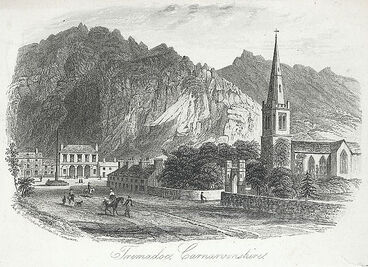 Tremadoc, or Tremadog, circa 1865
Tremadoc, or Tremadog, circa 1865 The morning after the mysterious attacks, the Shelleys fled to a nearby government official, the solicitor-general, who put them up until Shelley's publisher sent them some money to book passage to Ireland. (That's how broke Shelley was). Shelley was nearly prostrated with nerves. He and Harriet learned of the slanders from Tremadog accusing Shelley of fleeing to avoid his debts and reneging on his promises of financial support for the embankment project. Although it was true that Shelley was leaving unpaid debts behind him, including his rent, the Shelleys were highly offended that their veracity was called into question concerning the attacks.
As we have seen, it was Harriet who responded to the slur that Shelley had faked the attacks, writing a letter to Shelley’s publisher and to his other close friends, giving Shelley's version of events on his behalf. In her letter, Harriet also named the man Shelley blamed for instigating the attack, the chief labour contractor for the embankment project, Robert Leeson. William Madocks, booster of the Tremadog embankment project, had initially welcomed Shelley's involvement as a well-connected and well-spoken son of a baronet and member of parliament. But as Shelley made himself known to the small community of gentry in the area, they realized how radical his political views were. Leeson thought Shelley would bring discredit to the embankment project. Leeson was a High Tory; during Shelley’s brief stay in Tremadog, political and personal animosity had arisen between them. Harriet boasted that Leeson was refused entry into their house on account of his support for the politicians that Shelley despised. Leeson reciprocated the disdain, and in fact sent a copy of Shelley's printed speech about Irish emancipation to the authorities, to alert them to his radical views (they already knew).
Would Leeson have hired English-speaking thugs to go up to the house and fire off their pistols at Shelley? He definitely wanted to drive Shelley out of Tremadog, but what would have been the best way of doing it, supposing that Leeson was a man of more than moderate intelligence, which he was?


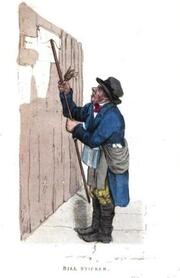

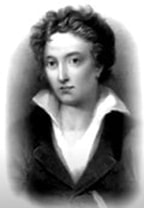
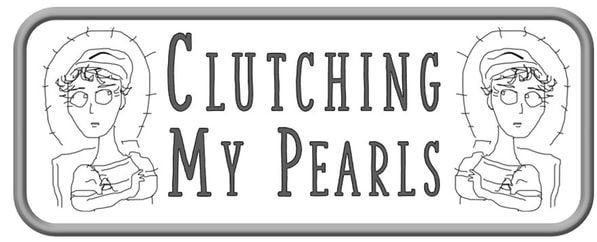
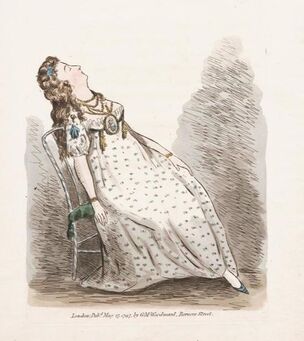
 RSS Feed
RSS Feed